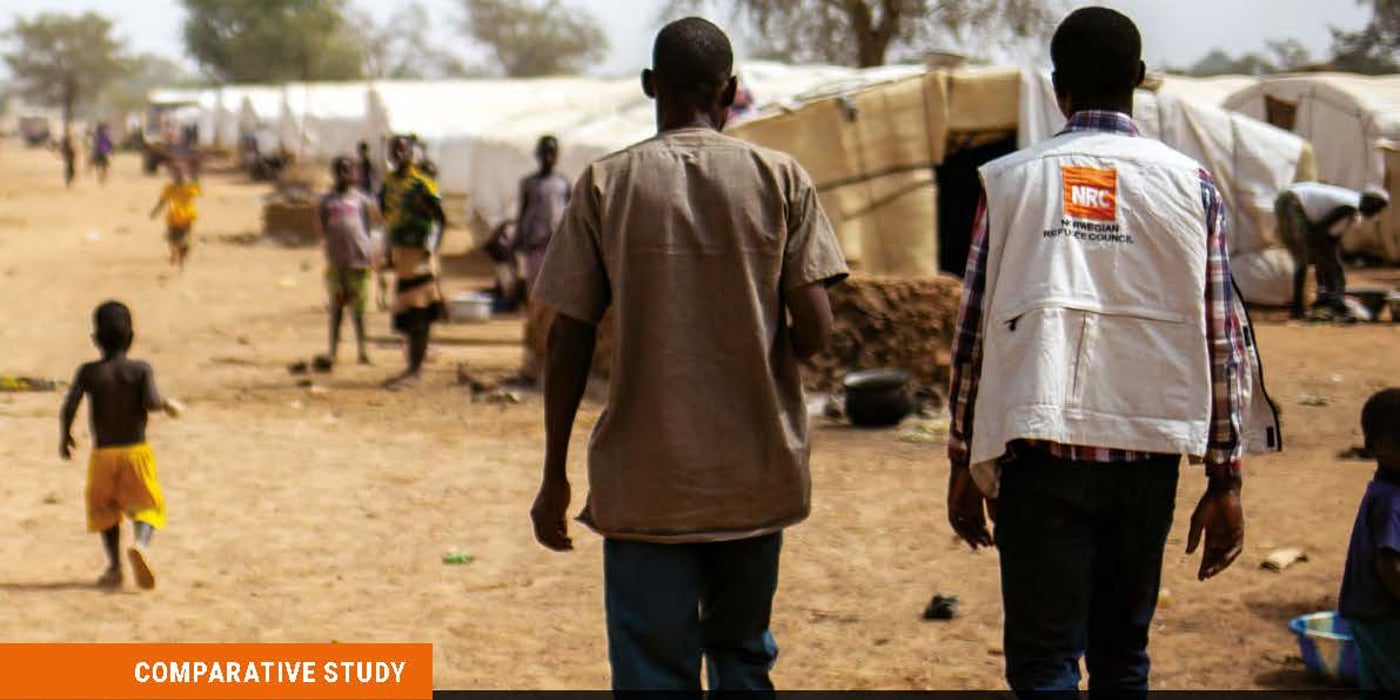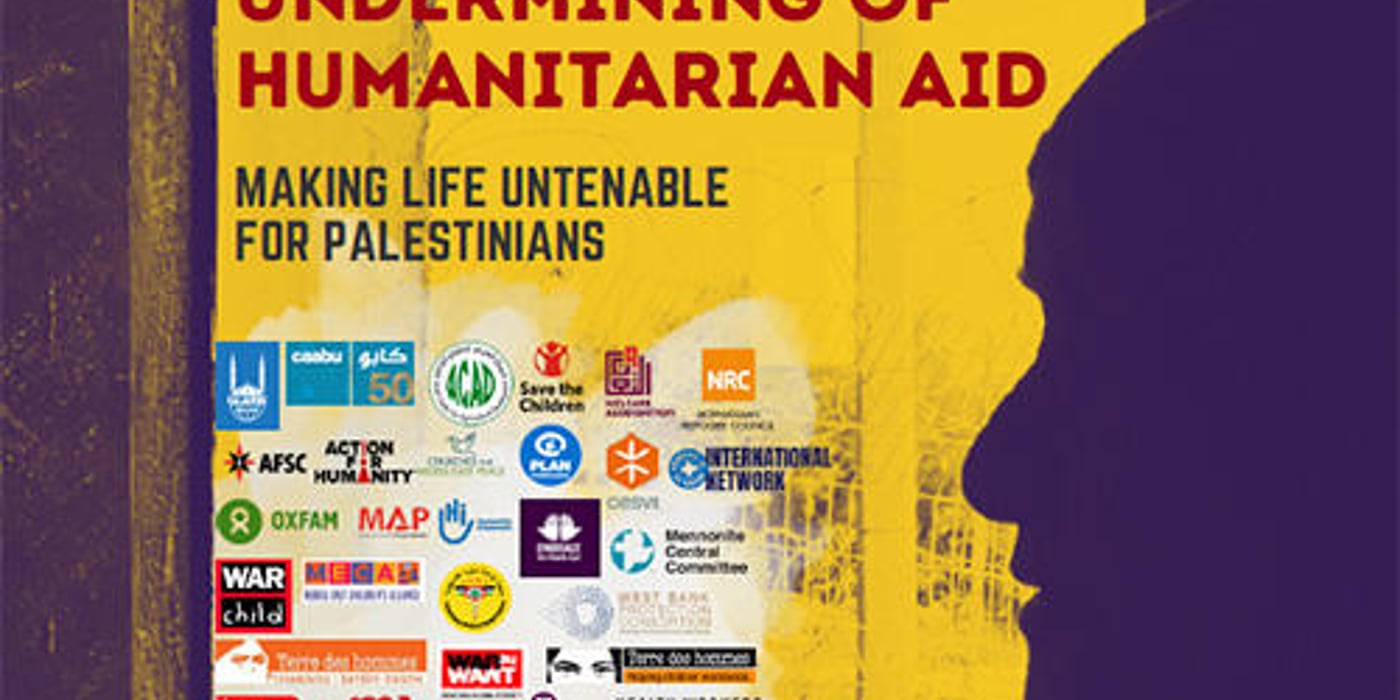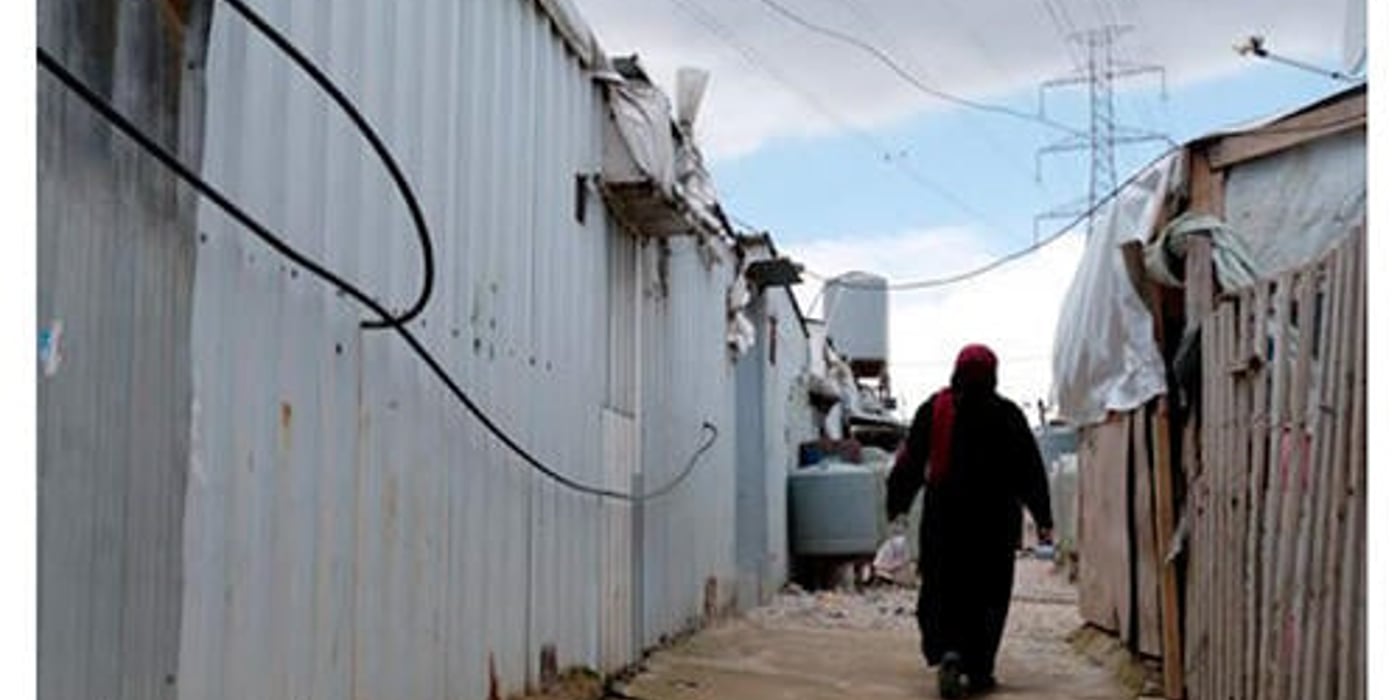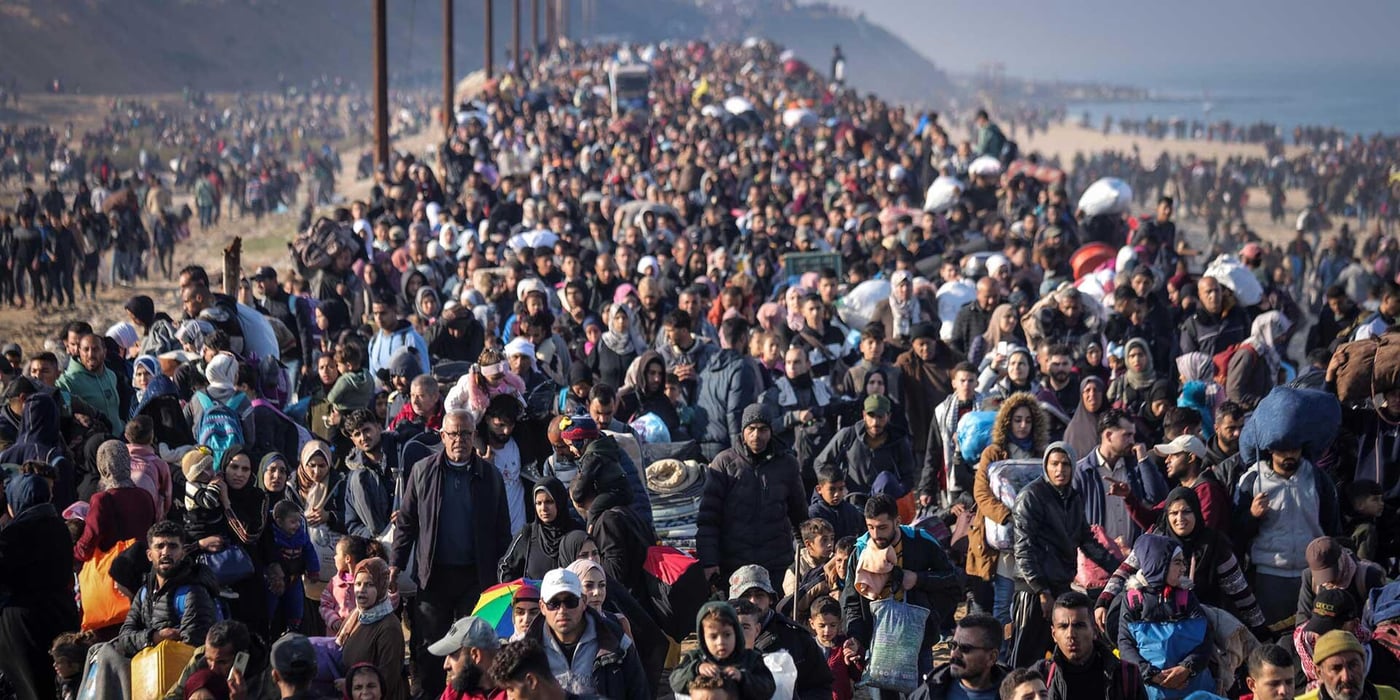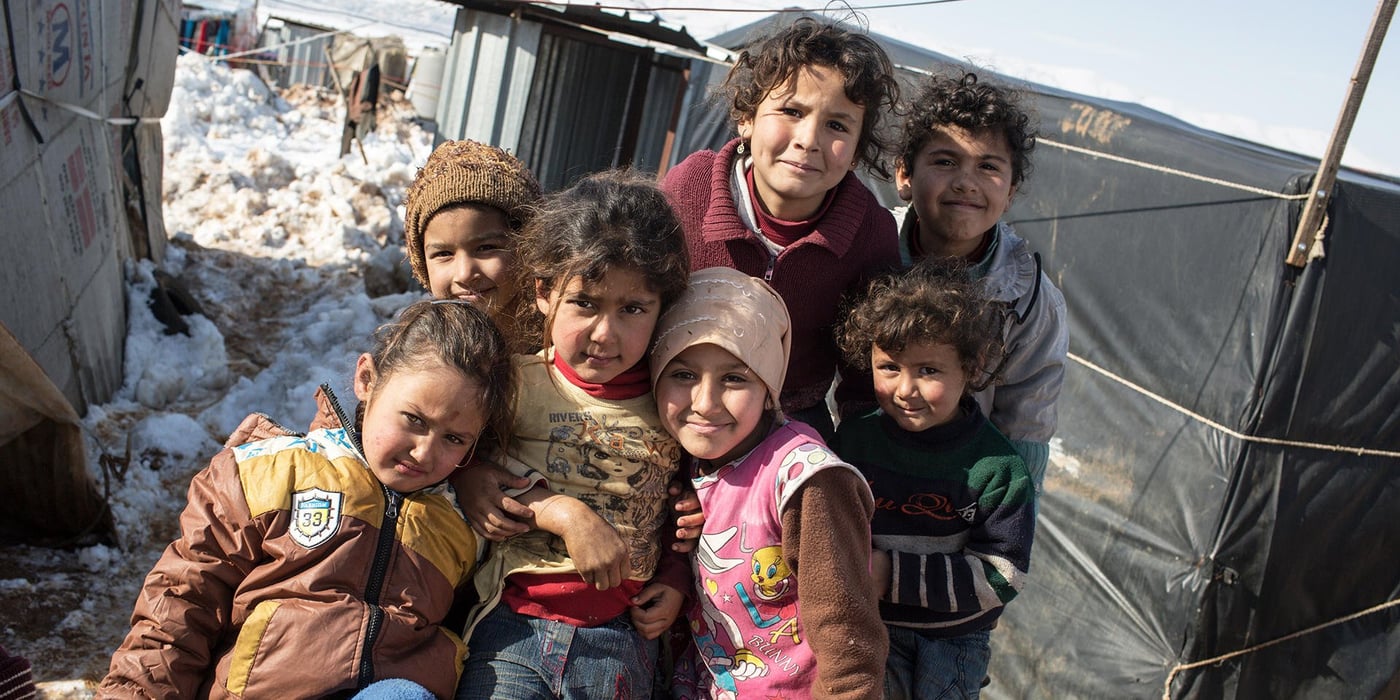
A new study by NRC and Handicap International found that a majority of aid workers and donors are aware of the humanitarian principles but struggle to explain how they are used.
"There is a lot of confusion and doubt about how to apply the principles in actual operations," says Clémence Boutant-Willm, NRC Humanitarian Principles Adviser. "This can land us in great trouble. We can give the very wrong impression that we are not impartial or neutral in a conflict."
If people – states, parties to a conflict and local communities – do not believe that humanitarians are impartial and neutral, aid workers will not earn the trust needed to reach those in greatest need.
How this is felt in the field
The study surveyed how the principles are understood and implemented in four countries:
- In Syria, humanitarians say that insecurity forces them to choose between giving aid and adhering to the principles.
- In South Sudan, the integrated UN mission has many mandates. These distinct roles blur lines and compromise the humanitarian response.
- In Colombia, the state is a donor to humanitarians working in its territory. Having a donor that is a party to the conflict makes it hard for an operation to be perceived as independent and neutral.
- In Nepal, the humanitarian response to the earthquake was often carried out by development organisations whose work is not guided by the principles.
What can we do?
"We need spaces where donors and humanitarians can talk freely about how the principles fare in operations, so potential tensions due to the situation or culture can be pre-empted," added Clémence Boutant-Willm, NRC Humanitarian Principles Adviser.
Transparency is also crucial. "Canada and Germany hold regular consultations with partners about the application of the principles. We need more donors to do the same."
But actions are not for donors alone.
"The humanitarian principles need to be part of our DNA so we will continue to train our 10,000 staff on the principles," said NRC Secretary General Jan Egeland.
"Very often it seems that we violate impartiality or neutrality if we speak up. The answer is no. For [the humanitarian principle of] humanity, you speak out, you take a stand. This doesn't violate neutrality."


